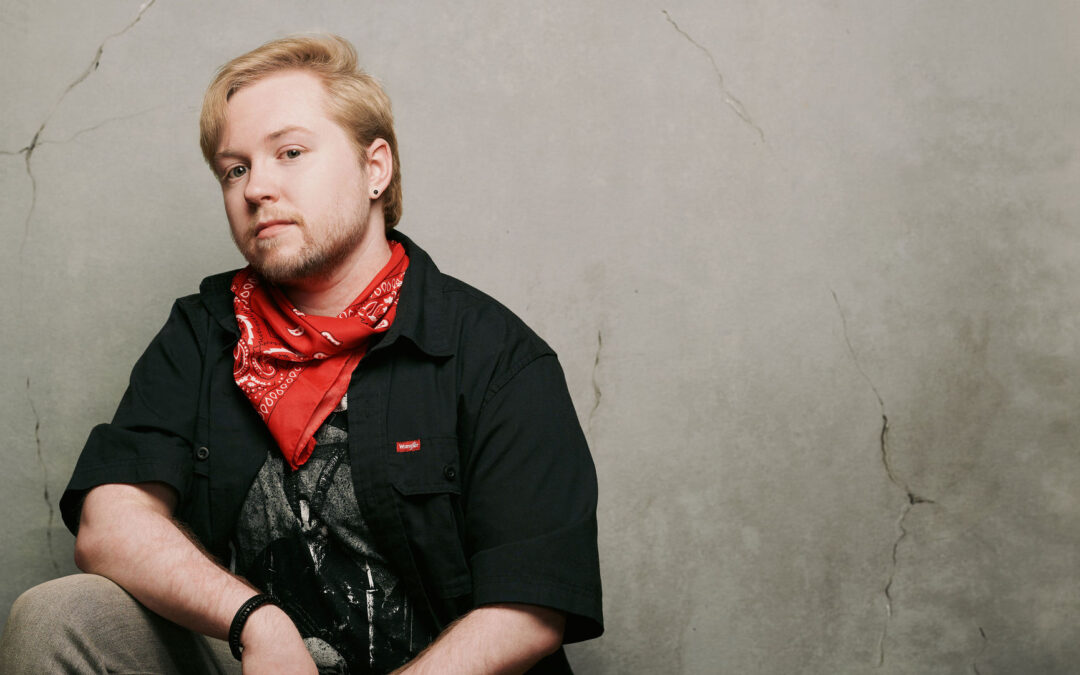
by Michele Kirichanskaya | Jun 24, 2025 | Blog
Andrew Joseph White is the trans, autistic, and bestselling author of Hell Followed With Us, The Spirit Bares Its Teeth, Compound Fracture, and more. His work focuses on the intersection of transgender and autistic identity through the lens of horror, monstrosity,...
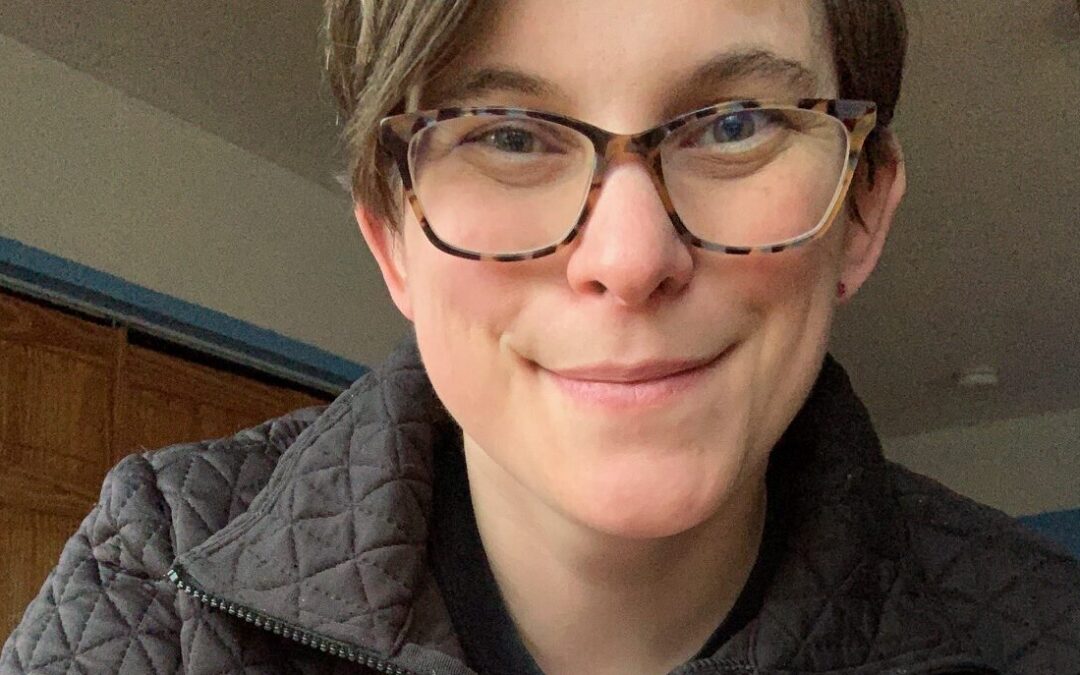
by Alexa Goodrich-Houska (she/they) | May 14, 2025 | Blog
Kellie Doherty is a proudly bisexual science‑fiction and fantasy word‑slinger hailing from Eagle River, Alaska—where the winters are long, the nights are bright, and the plot bunnies run wild. Her debut duology Finding Hekate and Losing Hold put queer space opera on...
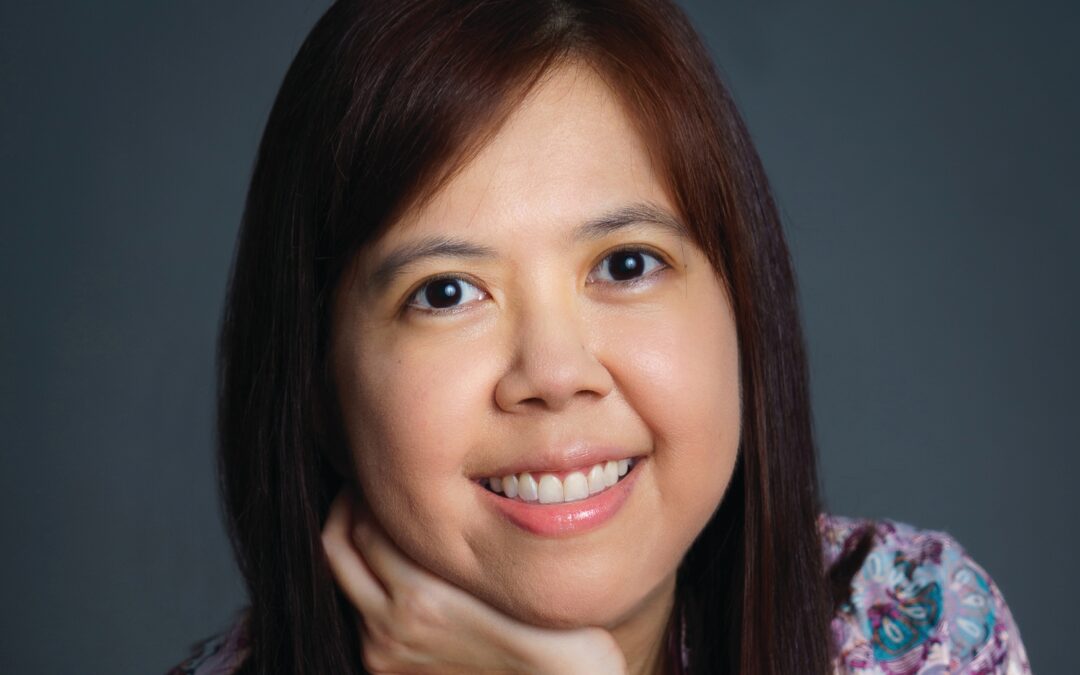
by Michele Kirichanskaya | May 8, 2025 | Blog
Sher Lee writes young adult novels with Asian characters. She lives in Singapore and has an abiding love for local street food (including an incredible weakness for xiao long bao). She has two adorable corgis, Clover and Spade. Find her on Instagram @sherleeauthor. I...
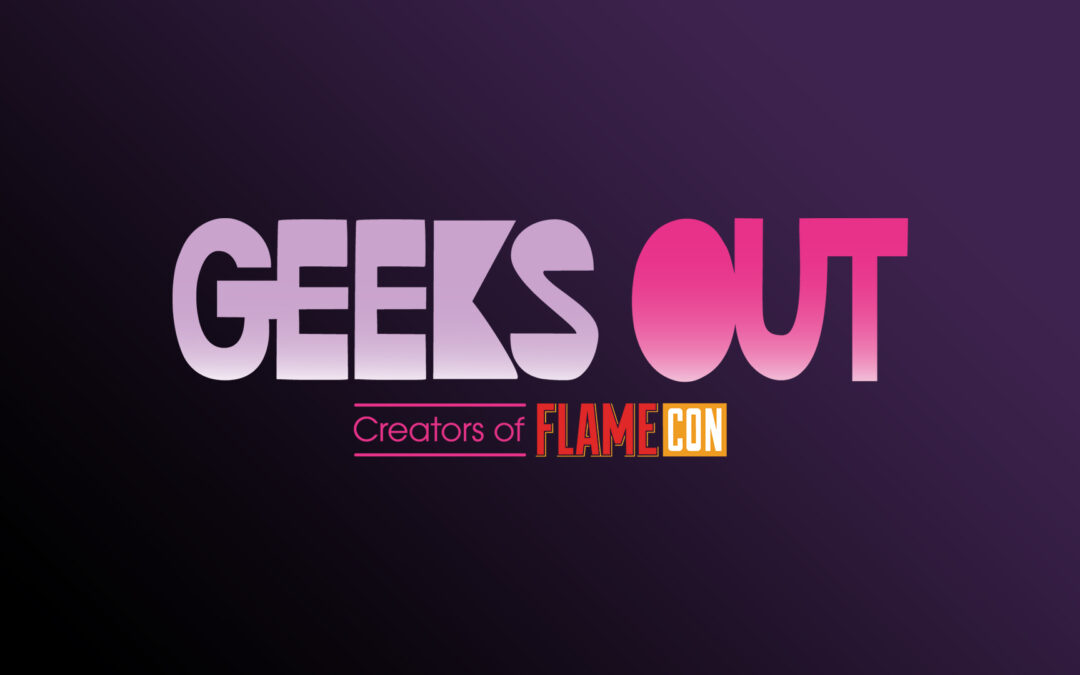
by Michele Kirichanskaya | May 2, 2025 | Blog
Rainie Oet is a trans woman who writes fiction and poetry for adults and young readers. She is the author of the picture books Robin’s Worlds and Monster Seek (Astra). She received her MFA at Syracuse University, where she was awarded the Shirley Jackson Prize in...
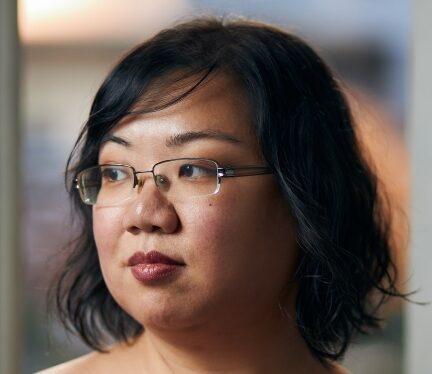
by Michele Kirichanskaya | Apr 30, 2025 | Blog
Nghi Vo is the author of the novels Siren Queen and The Chosen and the Beautiful, as well as the acclaimed novellas of the Singing Hills Cycle, which began with The Empress of Salt and Fortune. The series entries have been finalists for the Nebula Award, the Locus...






